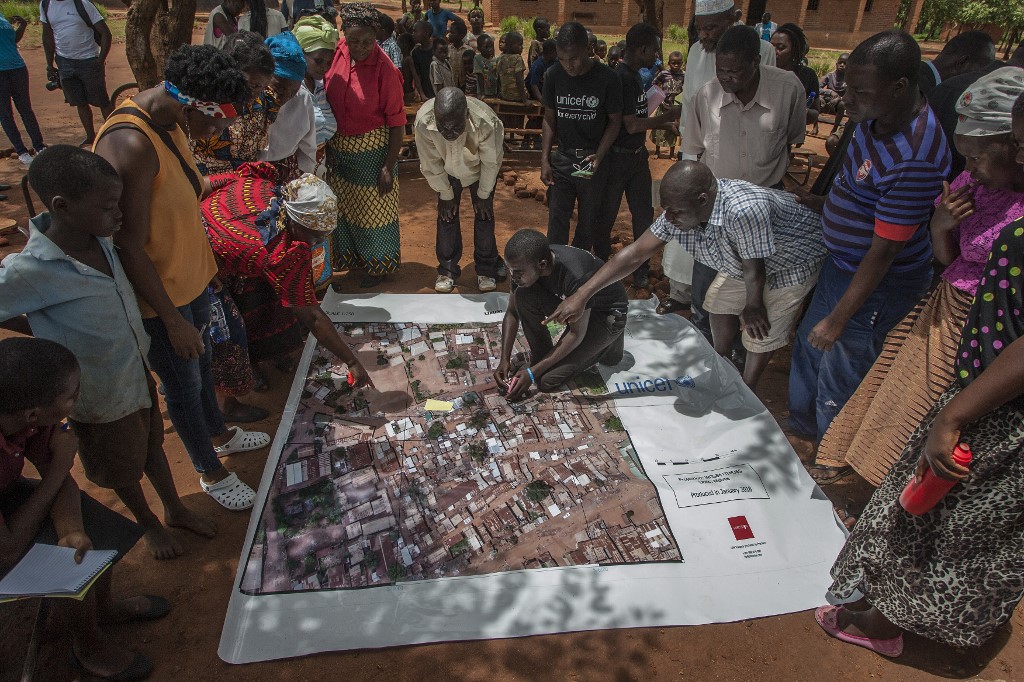
Schools in Malawi’s two largest cities are to remain closed until further notice due to a worsening cholera outbreak, the government said on Monday.
Students were due back in class after the holidays on Tuesday.
But the health ministry said the start of the school term for primary and secondary pupils in the capital Lilongwe and the southern city of Blantyre would be delayed by at least two weeks.
Health Minister Khumbize Chiponda said in a statement the postponement was “due to the recent and continuing increase in the number of Cholera cases and deaths”.
Authorities regretted “any inconvenience caused by this late advice taken solely in the interest of the safety of our learners”, she added.
The impoverished southern African country has recorded almost 18,000 cases of the disease and 595 deaths since March in what the UN has said is the largest outbreak to hit the nation in 10 years.
Cholera is contracted from a bacterium generally transmitted through contaminated food or water.
It causes diarrhoea and vomiting, and can be especially dangerous for young children.
On New Year’s Eve, Chiponda renewed appeals to faith leaders to encourage followers to seek treatment as some were avoiding care on religious grounds.
In September, the World Health Organization (WHO) warned that after years of decline, the planet was witnessing a “worrying upsurge” in cholera outbreaks, with climate change adding to traditional triggers such as poverty and conflict.
Worldwide, the disease affects between 1.3 million and four million people each year, causing up to 143,000 deaths.
str-ub/ri
© Agence France-Presse